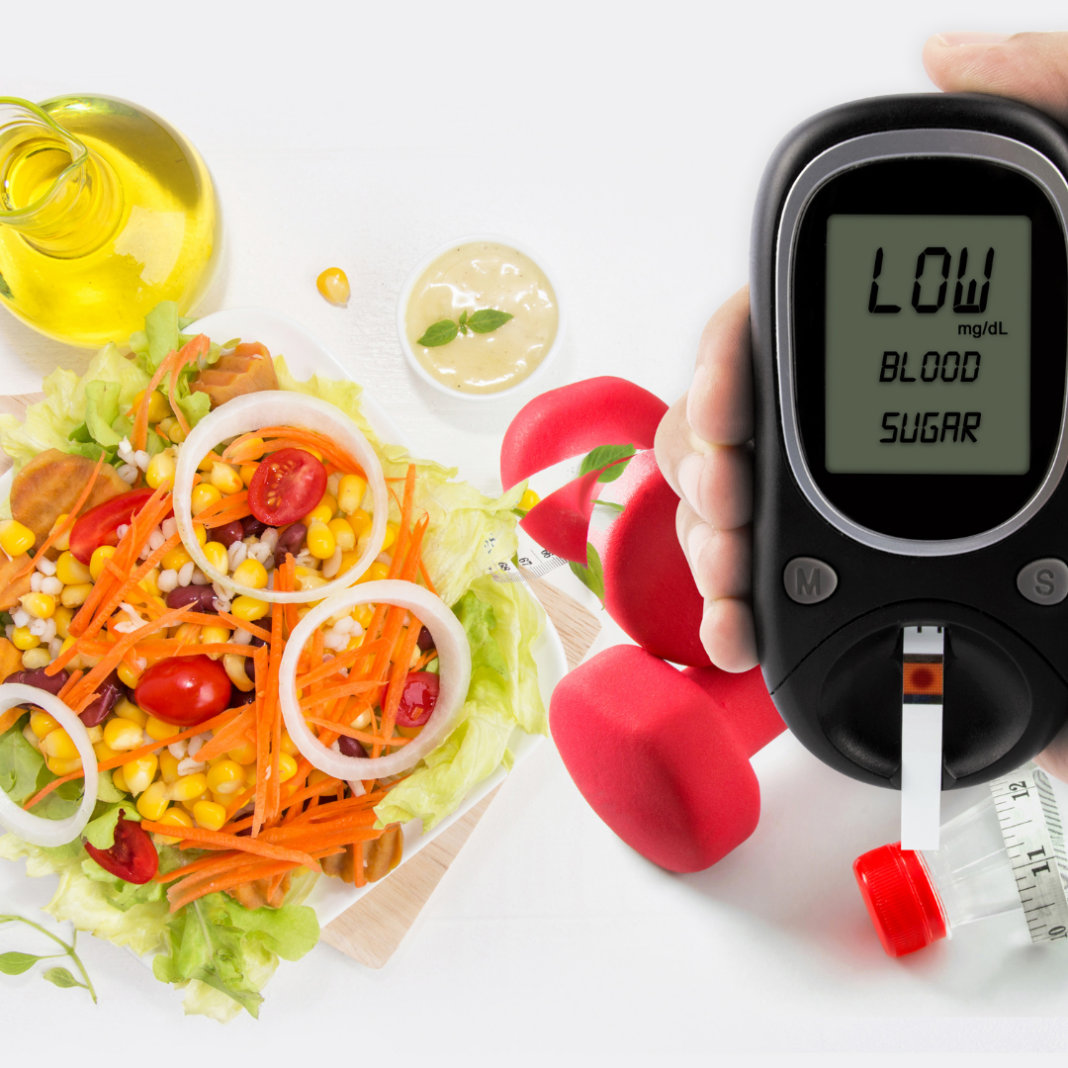Exercise daily – PCOS, or polycystic ovary syndrome, is a condition affecting the reproductive system in females. It can cause hormonal imbalances and polycystic ovaries. This disease can occur to many people, but we can control its symptoms with the proper diet. This article will discuss the importance of nutrition for PCOS and answer all your queries about PCOS. If you want to know, keep reading our article.
PCOS: How To Detect?
First, let’s understand what PCOS is. PCOS is a chronic condition caused by genetic and environmental factors. It is caused by an imbalance in the level of male hormones in the body. This leads to an increase in androgens which can result in excess hair growth on the face and body for genetically predisposed women.
Since PCOS has many symptoms that overlap with other diseases, such as hypothyroidism, it’s essential to be aware of all signs so you can seek treatment.
Some of the common signs are
- irregular periods
- unexplained weight gain
- facial hair growth
- depression
- acne
PCOS: Is PCOS curable?
Some women with PCOS have abnormalities in their sex hormones that lead to an imbalance in hormone production. Others have quirks related to the insulin that can lead to increased levels of male hormones.
While PCOS is not curable, there are ways to manage it through lifestyle changes such as better nutrition for PCOS and exercise, as well as medical interventions like birth control pills or insulin sensitizers for people with diabetes or high cholesterol.
PCOS treatment in diet:
The most common treatments for the condition are medications and weight loss. Weight loss is a treatment for PCOS because it helps regulate hormonal production. Getting to a healthy weight will make many other symptoms, such as acne or hair growth issues, feel better. Eating healthier and making an effort to get regular physical activity can also help you lose weight.
It is essential to know how to eat when you have PCOS.
Those with PCOS should keep a constant balance in their diet by eating plenty of vegetables and fruit. Some women with PCOS are insulin-resistance, meaning they have trouble breaking down sugar, so they should avoid sugar at all costs. Milk products such as cheese and yogurt are fine, but you should consume them in moderation and eggs. The glycemic index that different foods have can also influence insulin levels, which can help to manage hormonal imbalances caused by PCOS.
One of the leading causes of weight gain in women with PCOS is insulin resistance. Insulin resistance makes it difficult for the body to use insulin effectively, leading to obesity, type 2 diabetes, and heart disease.
The recommended diet for someone with insulin resistance includes reducing their carb intake and replacing them with more protein-based foods. Another recommendation would be to eliminate sweets from their diet.
The following foods can worsen PCOS symptoms: gluten, soy, caffeine, artificial sweeteners, alcohol, refined carbs, and sugar-laden snacks.
How do I treat PCOS naturally? (Home remedies):
There are many remedies for treating PCOS that are very effective. You can quickly try those remedies at home, and they can do wonders for you.
1st Remedy for PCOS:
1st remedy is very friendly and effective in treating PCOS. You must mix the same quantity of Fenugreek (Methi seed), Psyllium Husk, carom seed, and black cumin. You have to eat one teaspoon of this remedy in the morning before breakfast and at night. This remedy will show you results in 3 months. It is a very effective remedy in regulating periods.
Cinnamon for PCOS:
Cinnamon can help to cure PCOS. It is also very effective for diabetes and reduces insulin resistance. We can easily add cinnamon powder to milk or in cake, or you can eat this in any way you want.
Flax seeds for PCOS:
Flax seeds are rich in omega – 3- fatty acids and omega- 6- fatty acids. They are very effective in reducing the symptoms of PCOS. You can easily add to your breakfast. You can quickly sprinkle it on your bowl of oatmeal.
Diet Plan For PCOS:
Now I will you a diet plan for a day that is very good for patients suffering from PCOS. This is a basic diet plan and not specific for a person.
Breakfast:
1 boiled egg + 1 bowl of ragi porridge.
Lunch:
1 plate of cooked lentils + 1 multigrain bread + 1 cup of vegetables salad
Snack:
Any fruit (apple) smoothie
Dinner:
Broccoli, chicken soup and grilled salmon fish.
PCOS: FAQs
Q1:What are the signs of PCOS?
PCOS stands for Polycystic Ovary Syndrome, a condition that primarily affects women. Women with PCOS tend to have common signs, like weight gain, acne, and hair growth on their face or chest.
Q2: Will losing weight help with PCOS?
This question has been the subject of many debates, and in the absence of a definite answer, it is fair to say that some findings could point to maybe. It may be that by changing your lifestyle and diet, you may get some relief from PCOS symptoms, but probably not all.
It is important to note that PCOS is not simply a hormonal disorder; it is a multisystem disorder that affects many aspects of your health. So while weight loss may provide some relief, it won’t resolve the underlying problem.
Q3: what does a belly look like in PCOS?
If you are suffering from the disease, you might be able to identify the PCOS belly from the following list:
- Body weight– increased weight gain
- Waist size – enlarged waist with fat accumulation in the upper body region
- Acne – unusual breakouts on your skin regardless of your menstrual cycle
- Fertility – reduced fertility or problems conceiving
Q4: Is PCOS an autoimmune disease?
PCOS is a hormone imbalance that affects different women in different ways. Some of those ways are giving them extra testosterone levels, irregular periods, and hair growth. In more severe cases, the syndrome might lead to infertility and diabetes.
Q5: Will PCOS show up on ultrasound?
Polycystic ovaries are a common symptom of PCOS. They appear as multiple, small sacs in the ovaries on an ultrasound, giving it a “poly” look. Yes, PCOS will show up on an ultrasound because it can lead to other health problems such as obesity and infertility which are seen when doing an ultrasound.
CONCLUSION:
Females with PCOS are more likely to have nutrition issues and carry extra weight. Studies have shown that diet plays an essential role in PCOS. The conclusion is that the best way to maintain a healthy diet is by taking a food-focused approach, which means eating a wide range of nutrient-rich foods, including fresh fruit and vegetables, whole grains, lean protein sources, and healthy fats like olive oil.



